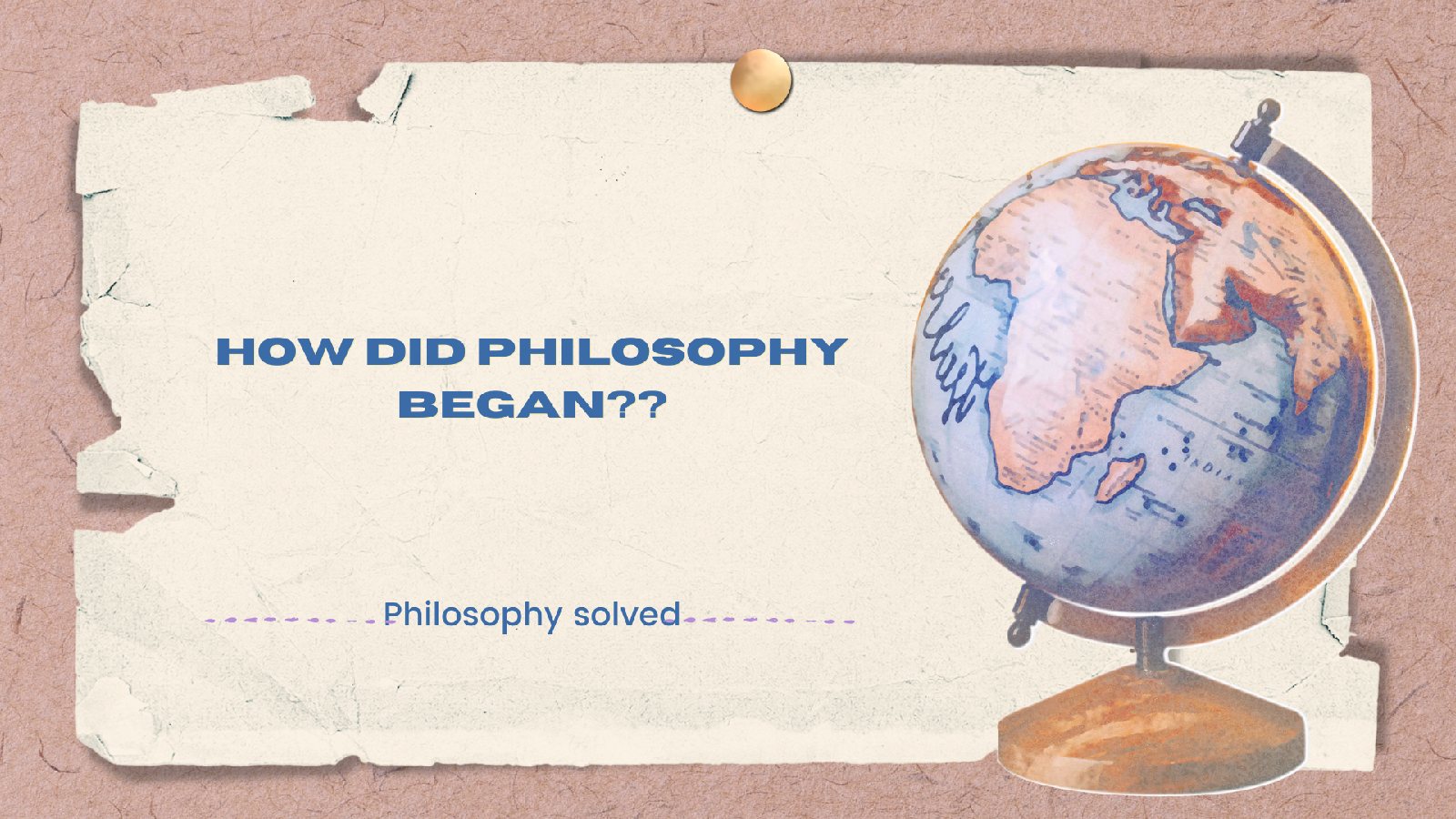How do history and philosophy relate to one another?

History and philosophy are two different subjects, yet they also connect at many levels. While both do try to understand the world, they differ in method, questions, and aims. Philosophy often operates with abstract reasoning, critical analysis, and pursuit of general truths, while history deals with the concrete events, persons, and contexts of the past. However, their relationship is symbiotic and complementary in the sense that philosophy provides a framework to interpret historical events, while history provides concrete material for philosophical inquiry. Following are some of the key ways in which history and philosophy relate to one another: 1. **Philosophy Shapes Historical Interpretation** Philosophical frameworks often influence how historians interpret and understand the past. For example: - **Philosophical Ethics and History**: Ethical theories are the basis on which historians make their judgments about acts and decisions in history. It could be that a utilitar...








